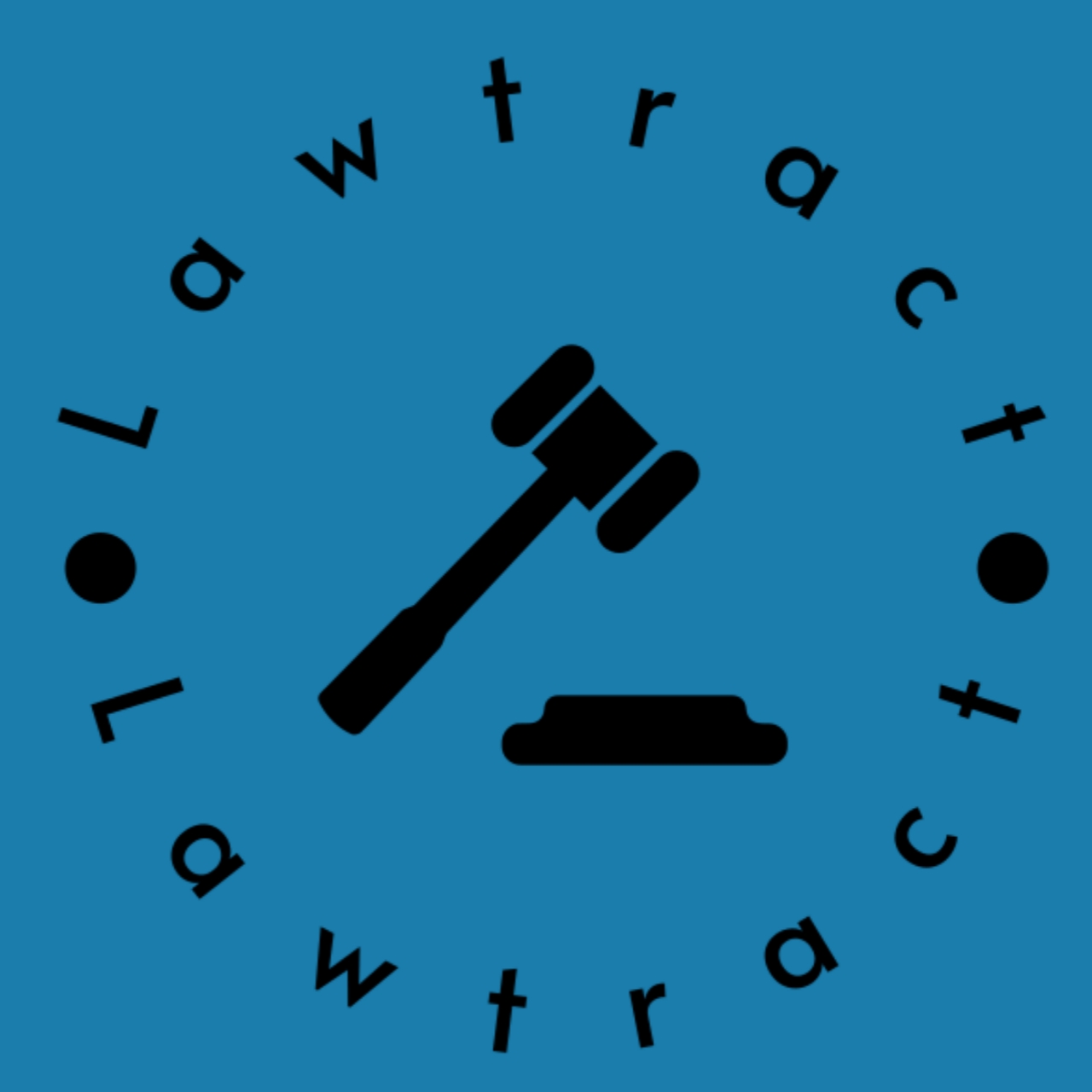
In this article “Bangalore Water Supply and Sewerage Board v. A Rajappa & others- Easily Explained” , we are going to delve into the important labour law case regarding employees rights.
1. Facts
a) A labour dispute arose between Rajappa (employee of Bangalore Water Supply and Sewerage Board)and the Bangalore Water Supply and Sewerage Board.
b) All employees were fined by the Board for misconduct and the fine was too heavy and unreasonable.
c) Rajappa and other employees filed an application under section 33(2)of the Industrial Dispute Act,1947.They said that the fine that was imposed on them was violation of natural justice.
d) In defense Board said ,that they were not an industry under section 2(j) of the Industrial Dispute Act,1947 and hence labour court has no jurisdiction to hear this case.
2. Labour Court in Response
a) Objection filed by the court was overruled and the Board filed two writ petitions to Karnataka High Court.
3. High Court in Response
a) Petition was dismissed and it was stated that this comes under section 2(j) of the Industrial Dispute Act, 1947.
b) Then Board filed another petition to Supreme Court (under Article 136 of the Indian Constitution)
4. Supreme Court in Response
a) The matter was tried upon by 7 judges bench ,in which Chief Justice Shri Beg was one of them.
b) The Supreme Court held that the meaning of “industry” is to be considered in wider meaning and not a narrow one.
5. Judgement
a) The Supreme Court of India held that a test should be considered to define the term “industry” and to make any establishment liable under the term “industry” as defined under Section 2(j) of the Industrial Dispute Act,1947.
b) The test was named “Triple Test” and the conditions given under the test are as follows :
▪︎The activity has to be a systematic activity.
▪︎The systematic activity must involve co-operation between employers and employees.
▪︎The systematic activity must include production and distribution of goods and rendering of services which satisfy human wants and wishes(not religious/spiritual wants and wishes).
c) Exceptions to the “Triple Test”:
▪︎Small clubs, gurukuls which have non employee characters .
▪︎Single Doctor/Lawyer(No organized labour)
▪︎Free legal services, free medical services, casual activities.
▪︎Sovereign Functions(maintenance of Law and order , legislative functions etc.)
Want to learn about AI laws in India, then visit https://lawtract.com/eu-has-an-ai-act-india-doesnt-why-is-that/
If you want similar articles like “Bangalore Water Supply and Sewerage Board v. A Rajappa & others- Easily Explained ” ,you can visit https://jlsr.thelawbrigade.com/article/case-comment-bandhua-mukti-morcha-v-union-of-india-1984/

